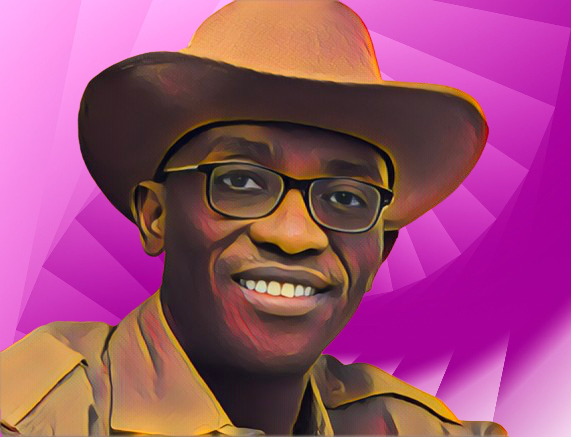Edo State, a southern Nigerian state with a rich cultural heritage and a population of over six million people, is gearing up for a crucial governorship election in 2024. The incumbent governor, Godwin Obaseki, who defected from the All Progressives Congress (APC) to the Peoples Democratic Party (PDP) in 2020, will complete his second term in November 2024 and cannot run for a third term.
The race to succeed him is already heating up, with several aspirants from different political parties jostling for the coveted position.
According to a report by Vanguard, the main parties in contention are the PDP, the APC, and the Labour Party (LP), which emerged as a third force in the last general election in Nigeria.
The Zoning Factor
One of the key factors that will shape the outcome of the election is the zoning arrangement among the three senatorial districts of the state: Edo North, Edo South, and Edo Central. Since the return of democracy in 1999, Edo North and Edo South have produced two governors each, while Edo Central has not produced any.
Many stakeholders and political analysts believe that it is only fair and equitable for the next governor to come from Edo Central, which has the least number of local government areas and registered voters in the state. Both Obaseki and his predecessor, Adams Oshiomhole, who is also the former national chairman of the APC, have reportedly endorsed the zoning formula and are looking for candidates from Edo Central.
However, some aspirants from other zones are not deterred by the zoning arrangement and are determined to contest the election based on their popularity and merit. They argue that zoning is not a constitutional requirement and that the people should be allowed to choose the best candidate regardless of their origin.
The Challenges and Opportunities
The 2024 Edo governorship election will be a test of the political strength and popularity of the incumbent governor, Obaseki, who will be seeking to install his successor and consolidate his legacy. It will also be a test of the resilience and relevance of the opposition APC, which lost the state to the PDP in 2020 after a bitter feud between Oshiomhole and Obaseki.
The election will also be an opportunity for the LP to prove itself as a viable alternative to the two dominant parties, and for the aspirants to showcase their vision and agenda for the development of the state. The election will also be influenced by the performance of the federal government, the state of the economy, the security situation, and the COVID-19 pandemic.
The people of Edo State, who are known for their political awareness and activism, will have the final say in choosing their next governor. They will be looking for a candidate who can address their needs and aspirations, and who can take the state to the next level of growth and prosperity.



